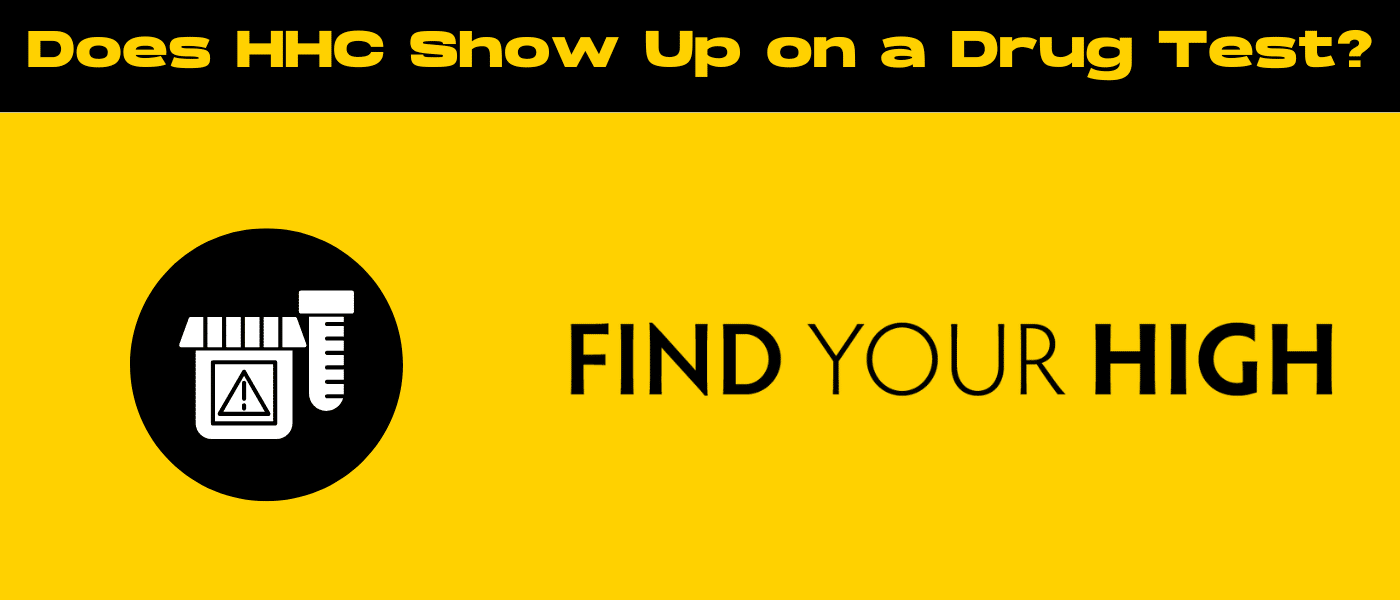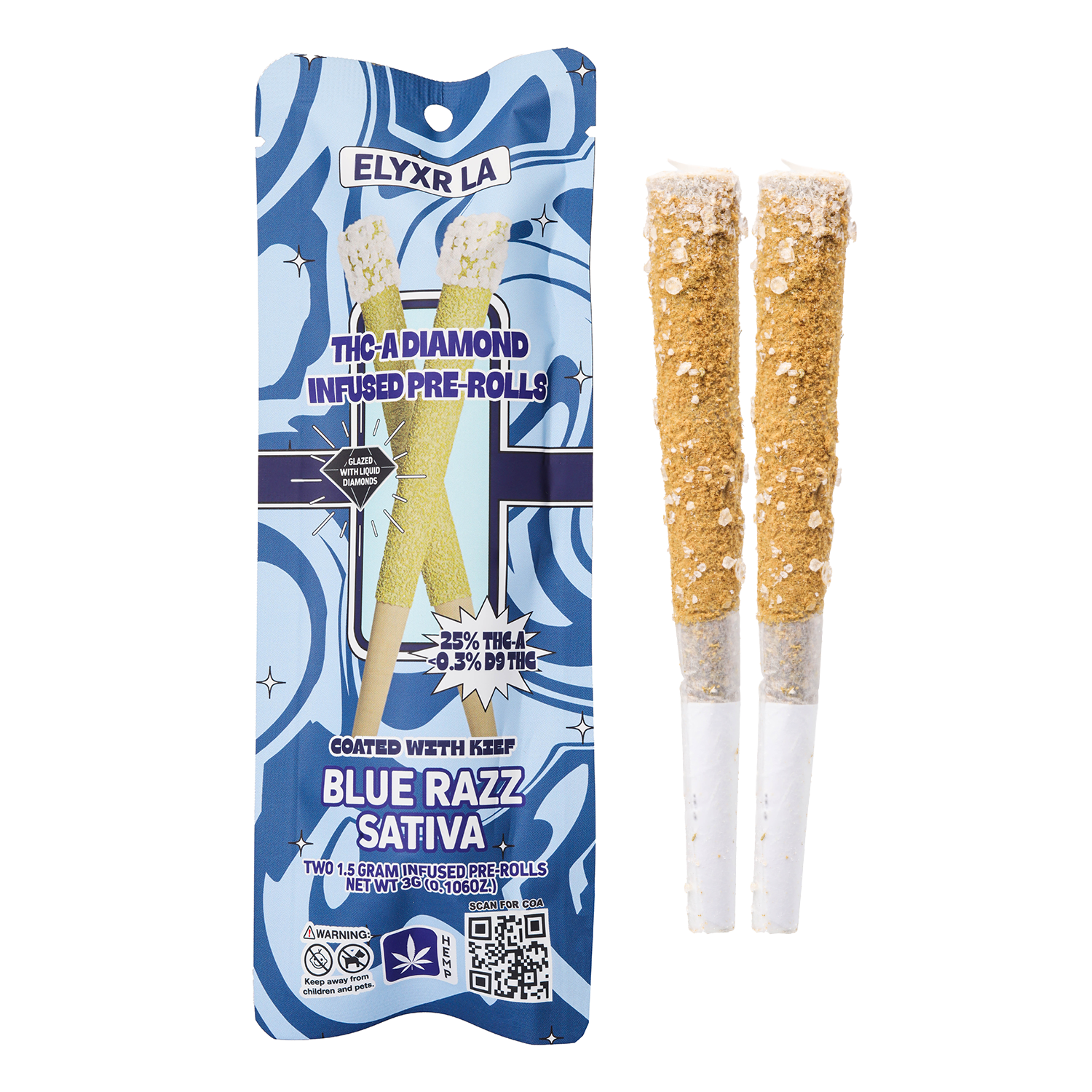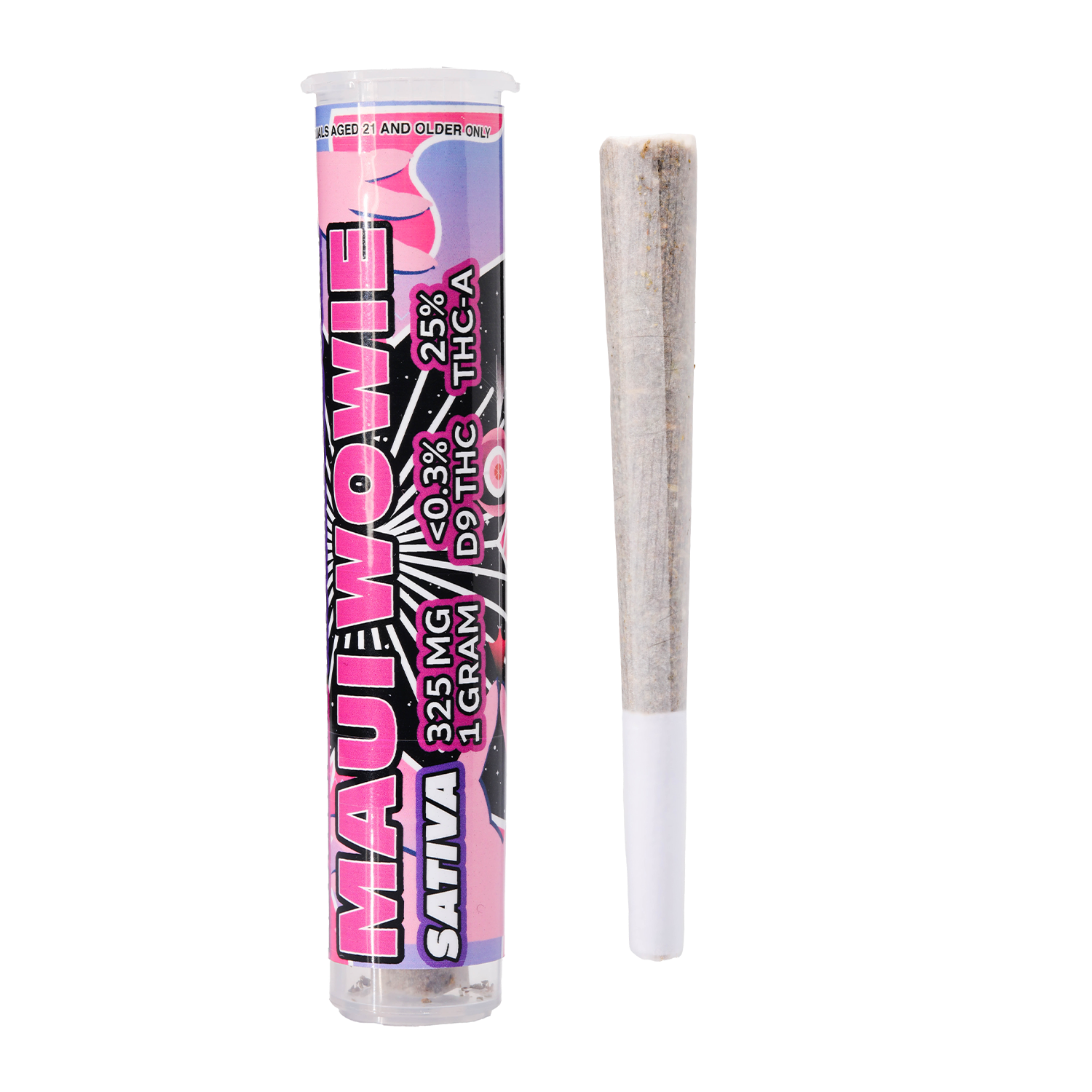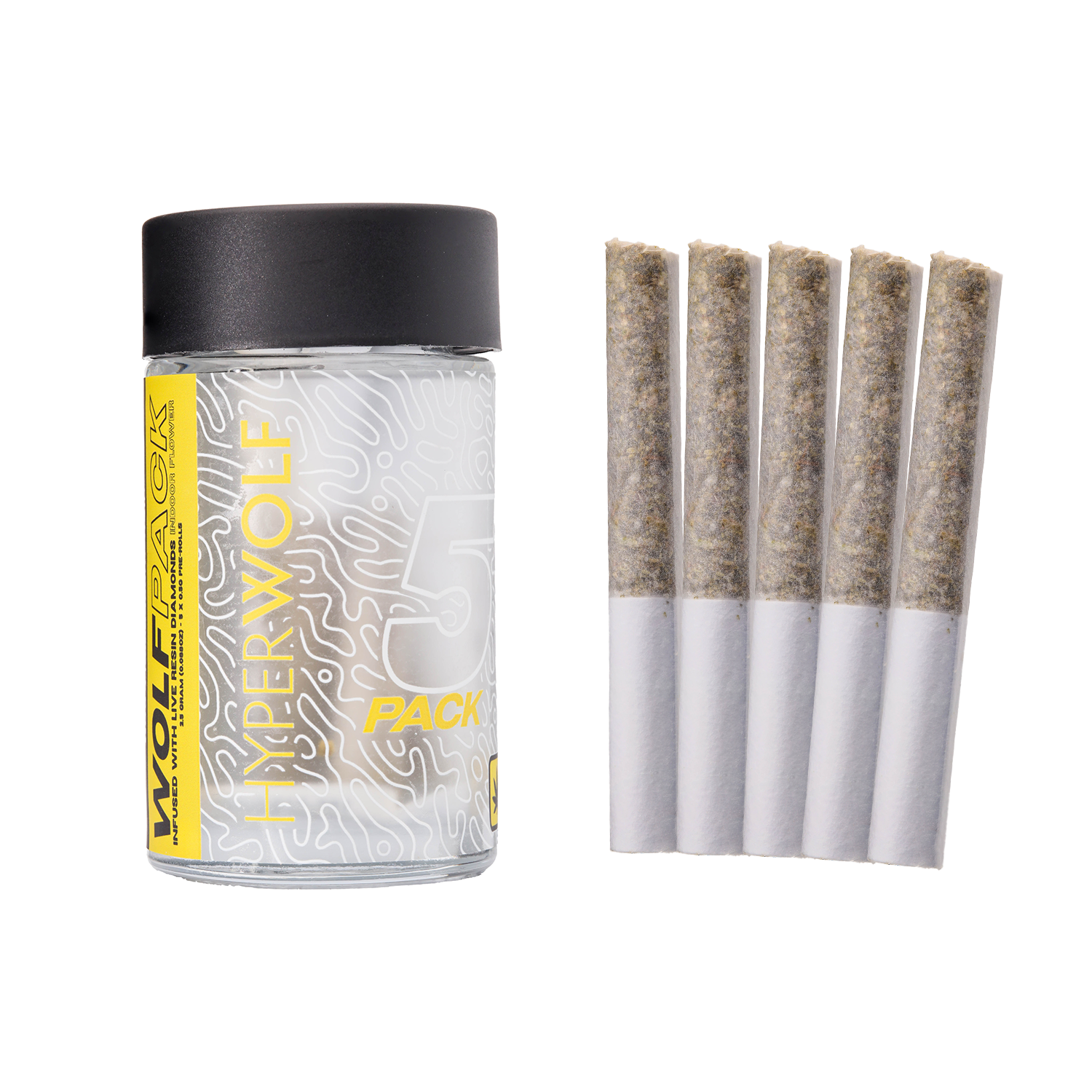Hexahydrocannabinol, more commonly known as HHC, has been making waves in the light cannabis market as an emerging cannabinoid that offers users a unique psychoactive experience. For those who enjoy cannabis consumption, HHC represents an intriguing alternative to more traditional cannabinoids like Delta 9 THC and Delta 8 THC. However, with its rise comes an important question for HHC users and recreational consumers alike: does HHC show up on a drug test?
Understanding how HHC interacts with the human body and its psychoactive effects is crucial when considering potential workplace screenings or clinical investigations. Unlike mainstream cannabis products, HHC exists in a gray area, partly due to its status as a hemp-derived cannabinoid and its chemical similarity to THC. This similarity raises concerns about positive test results, false positives, and how standard drug tests might interpret its presence.
In this comprehensive guide, we’ll break down HHC metabolism, the types of drug screening that might detect it, its interaction with cannabinoid receptors, and factors that influence detection. Whether you’re a chronic user or a casual consumer, understanding HHC detection is essential for responsible use and avoiding unexpected legal consequences.
What is HHC?
Hexahydrocannabinol HHC is a recent new psychoactive substance derived from hemp-derived cannabinoids. Chemically, it is similar to Delta 9 THC, the primary psychoactive compound in the cannabis plant, but HHC is hydrogenated, which gives it a slightly different chemical structure. This subtle difference means that, while HHC effects are reminiscent of THC, it is technically distinct from the traditional compounds detected in most drug tests.
HHC exists in various HHC products, including gummies, vapes, tinctures, and flower, making it accessible in both recreational drugs and wellness-focused cannabis products. Its emergence in the market highlights the growing light cannabis market and the ongoing innovation around hemp-derived products.
One of the main draws for users is that HHC delivers psychoactive effects comparable to THC but with slightly altered potency, depending on HHC consumption patterns and individual human metabolism. However, its status as an emerging cannabinoid means more research is needed to fully understand its interactions with other cannabinoids and the cannabinoid receptors in the body.
How HHC Works in the Body
HHC interacts with the endocannabinoid system, particularly the cannabinoid receptors CB1 and CB2. These receptors are part of a complex network that regulates mood, appetite, memory, and pain perception. Like THC, HHC binds to CB1 receptors in the brain, producing psychoactive effects such as euphoria, relaxation, or heightened sensory perception.
When consumed, HHC undergoes human metabolism, primarily in the liver, where it is converted into HHC metabolites, including HHC-COOH, which shares similarities with THC metabolites like THC COOH. The metabolic process involves the breakdown of significant amounts of HHC into these detectable substances, which can remain in the system for varying periods depending on usage patterns.
Factors like body fat, fat cells, and individual health conditions influence how long HHC stays in the body, or the detection window. Chronic users and those with higher body fat may experience a longer detection window, while frequent users may also accumulate trace amounts of hhc metabolites, increasing the likelihood of testing positive.
Understanding how HHC metabolizes is critical for evaluating the potential risks during drug screening or cannabis drug testing.
Understanding Drug Tests
If you’re wondering does HHC show up on a drug test, it helps to understand the types of tests commonly used. Standard drug tests include urine tests, blood tests, saliva tests, and hair tests.
- Urine drug tests are the most common in workplaces and screenings for recreational drugs. They detect THC metabolites like THC COOH, which may cross-react with HHC metabolites.
- Blood tests measure active cannabinoids in the system but have a shorter detection window. They’re often used in clinical settings or when drivers are suspected of being under the influence.
- Saliva tests are designed for recent cannabis consumption and detect psychoactive substances in the mouth.
- Hair tests can reveal long-term usage patterns but are less commonly administered.
Cannabis drug testing relies on immunological detection methods that look for related substances, meaning that hhc vs THC can be a gray area. Because HHC is chemically similar to THC, hhc detection is possible even if hhc show is not specifically targeted in laboratory investigations. Understanding the detection window and testing methodology helps users anticipate potential positive results.
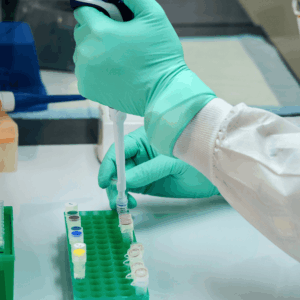
THC Metabolites vs HHC Metabolites
The key reason HHC can trigger a positive test result lies in the similarity between THC metabolites and HHC metabolites. When HHC metabolizes in the body, it produces compounds like HHC-COOH, which are structurally similar to THC COOH, the primary psychoactive metabolite screened in urine samples.
This similarity means that most drug tests cannot reliably differentiate hhc and thc. Consequently, hhc consumption can potentially hhc trigger a false positive for THC, even if the user has not consumed marijuana. Immunological detection methods, common in drug screening, are particularly susceptible to this kind of cross-reactivity.
Clinical and laboratory investigation into hhc detection is ongoing, but early studies suggest that hhc metabolites may linger in the system in trace amounts long enough to impact frequent users and chronic users. Therefore, the distinction between HHC and THC, while scientifically significant, may not prevent a positive test result in urine tests, blood tests, or saliva tests.
Can HHC Make You Fail a Drug Test?
Given the chemical overlap with THC, HHC can make you fail a drug test, particularly urine drug tests that rely on metabolite detection. Even small amounts of HHC can result in hhc detection, though significant amounts and frequent usage increase the likelihood of a positive result.
Because HHC is a recent new psychoactive substance, there is limited clinical and laboratory investigation into its exact hhc stay and metabolite timeline. However, anecdotal evidence from HHC users suggests that urine samples may test positive for THC after consuming HHC, particularly if the consumption method involves high-potency hhc products.
In practical terms, anyone subject to cannabis drug testing should assume that HHC could produce a positive test result, especially in standard drug tests designed to detect related substances. Employers and healthcare providers may treat hhc and thc as functionally equivalent, even though hhc legal status varies by jurisdiction. For drivers suspected of impairment, or in federal law contexts, the consequences of a positive result can be significant.
Urine Tests and HHC
Urine tests are the most widely used form of drug screening, especially in workplace or legal contexts. They are designed to detect THC metabolites like THC COOH, but hhc metabolites can be similar enough to trigger a positive result.
Factors affecting HHC detection in urine tests include:
- Dosage and potency of HHC products
- Frequency of HHC use (occasional vs chronic)
- Body fat and fat cells, which store lipophilic cannabinoids
- Individual metabolism, including human metabolism and health conditions
Detection windows for HHC in urine samples are not fully established due to limited clinical and laboratory investigation, but early research indicates that hhc metabolites may remain detectable for several days after hhc consumption, particularly for chronic users.
For those relying on urine drug tests, it’s critical to remember that even hemp-derived products like HHC can result in hhc detection, despite being hhc legal in many states. This makes avoid HHC the safest approach for those who want to ensure a negative test result.
Blood, Saliva, and Hair Tests
While urine tests are most common, blood tests, saliva tests, and hair tests each have unique implications for hhc detection:
- Blood tests measure active psychoactive substances in the bloodstream, making recent HHC consumption detectable. The detection window is generally short, but significant amounts can be identified shortly after ingestion.
- Saliva tests target recent cannabis consumption, including hhc use, but the presence of hhc metabolites may be less pronounced than THC metabolites.
- Hair tests offer a longer detection window, capturing usage patterns over weeks or months. Frequent users may show trace amounts of hhc metabolites, while occasional users might avoid detection.
Cannabis drug testing in these formats relies on detecting similar metabolites and related substances, meaning HHC can hhc show up depending on usage patterns, consumption method, and body fat storage. Laboratory investigation into the exact hhc stay in these mediums is ongoing, highlighting the need for caution among hhc users.
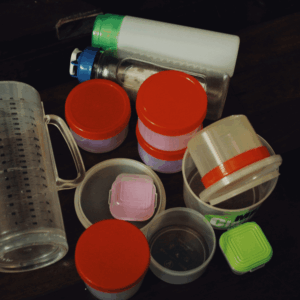
Factors Affecting Detection
The likelihood of a positive test result for HHC depends on multiple variables:
- Usage patterns: Chronic users have higher hhc metabolites accumulation in fat cells, which can lead to longer detection windows.
- Dosage and potency: High-potency hhc products increase the chance of hhc detection.
- Metabolism: Individuals with faster human metabolism may clear HHC more quickly. Health conditions can also influence hhc metabolize speed.
- Consumption method: Vapes and tinctures deliver HHC faster and more efficiently, potentially affecting hhc stay.
- Body composition: Higher body fat allows hhc metabolites to accumulate, prolonging detection windows.
- Hydration and urine dilution: While minor, these can slightly alter urine drug test results.
Understanding these factors helps HHC users anticipate the risk of testing positive and informs decisions around HHC consumption. Despite these variables, more research is needed to provide definitive timelines for hhc detection across different standard drug tests.
HHC Products and Their Risk Levels
Not all HHC products carry the same risk of producing a positive result:
- Gummies and edibles: Slower metabolism, but HHC metabolites may linger longer.
- Vapes: Rapid absorption can spike psychoactive effects and metabolites, increasing HHC detection shortly after use.
- Tinctures and oils: Moderate onset, metabolized similarly to edibles.
- Flower: Combustion may release higher doses, impacting hhc metabolites accumulation.
The consumption method directly impacts the detection window, with concentrated or high-potency hhc products posing the highest risk. Occasional users consuming trace amounts may avoid detection, but chronic users are more likely to test positive, especially in urine tests.
Understanding the differences among cannabis products and hemp-derived products is key for anyone subject to drug screening, as hhc metabolites can mimic THC metabolites like THC COOH, leading to false positives.
How to Reduce the Risk of Testing Positive
While there is no guaranteed method to clear HHC from the body before a drug test, certain strategies can reduce the likelihood of a positive result:
- Avoid HHC: The safest approach for those facing standard drug tests.
- Time gap: Allow several days for hhc metabolites to metabolize and diminish in urine samples.
- Hydration and diet: Support metabolism and HHC clearance naturally.
- Exercise: Burns fat cells where hhc metabolites may accumulate.
It’s important to remember that hhc detection is influenced by usage patterns, body fat, and health conditions, so results may vary significantly among HHC users. Always consult a healthcare provider if you are unsure about HHC consumption in relation to cannabis drug testing.
Note: Using detox kits or attempting rapid elimination is not reliably effective and may have unintended health consequences. The most responsible approach is informed decision-making and understanding the legal consequences of a positive result.
Legal and Workplace Considerations
The legality of HHC is complicated. While HHC legal status is often tied to its derivation from hemp-derived cannabinoids, federal law remains unclear. States may treat HHC differently, and employers often adopt zero-tolerance policies for psychoactive substances, including hhc metabolites that can trigger positive test results.
Workplaces conducting drug screening may not distinguish between HHC and Delta 9 THC, meaning HHC users could face the same consequences as marijuana use. Legal consequences may include job suspension, fines, or other penalties, particularly for sensitive roles like transportation, healthcare, or safety-sensitive positions.
For drivers suspected of impairment, HHC consumption presents additional risks. Blood tests may detect HHC metabolites shortly after use, potentially leading to legal scrutiny. Healthcare providers may advise caution for individuals taking hemp-derived products, especially if subject to cannabis drug testing or other clinical and laboratory investigations.
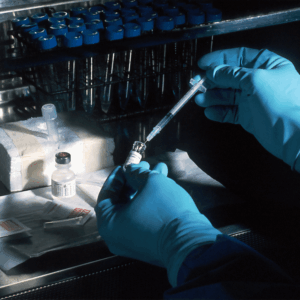
Conclusion
So, does HHC show up on a drug test? The short answer is: yes, it’s possible. While HHC and THC are chemically distinct, their similar metabolites mean that standard drug tests, particularly urine tests, blood tests, and saliva tests, may produce a positive result. Chronic users and those consuming significant amounts of HHC products are at the highest risk.
The science of hhc detection is still evolving. Early clinical and laboratory investigations show that hhc metabolites may linger in fat cells and urine samples, resulting in longer detection windows than some might expect. Differences in human metabolism, health conditions, and usage patterns further complicate predictions.
For HHC users, understanding HHC effects, consumption methods, and the risk of testing positive is essential. While HHC legal status may be more lenient than Delta 9 THC, workplace policies and federal law still apply. Until more research is conducted, the safest approach is to avoid HHC if you are subject to drug screening or other cannabis drug testing protocols.
Frequently Asked Questions
1. Is HHC detectable on a drug test?
Yes, HHC can be detected on standard drug tests, especially urine tests that screen for THC metabolites. Because HHC metabolites are chemically similar to THC COOH, consuming HHC may result in a positive test result, even if you haven’t used Delta 9 THC. Blood and saliva tests may also detect recent HHC consumption, while hair tests could show usage over a longer period.
2. How long can HHC be detected?
The detection window for HHC varies depending on usage patterns, body fat, metabolism, and consumption method. Occasional users may only test positive for a few days, while chronic users or those consuming significant amounts of HHC products may have detectable hhc metabolites for longer detection windows—sometimes up to several weeks in urine samples.




